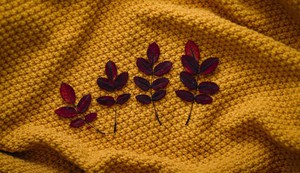- Clothes
- Bags
- Accessories
-
Inspiration
- Shoes
Is Merino Wool Sustainable? (Avoid Our Costly Mistake)

If you love natural fabrics but aren’t a fan of woollen garments that feel too itchy, this premium option might be better for you.
Is Merino wool sustainable, though? We’ll show you its pros and cons so that you can make an informed decision.
What's so special about merino wool?
Merino wool comes from Merino sheep, a sought-after breed originally from Spain but now more common in New Zealand, Australia, some Southern American countries, and South Africa.
It’s considered special and luxurious because:
- It’s softer than traditional wool (its fibres are shorter and have a slimmer diameter), which usually makes it more comfortable to wear
- It’s also better at thermoregulating, so it’ll keep you warm in winter and cool in summer (yes, really!)
From a sustainability point of view, though, the advantages and disadvantages of Merino wool are—mostly—the same as those of traditional wool.
Sustainability advantages of Merino wool
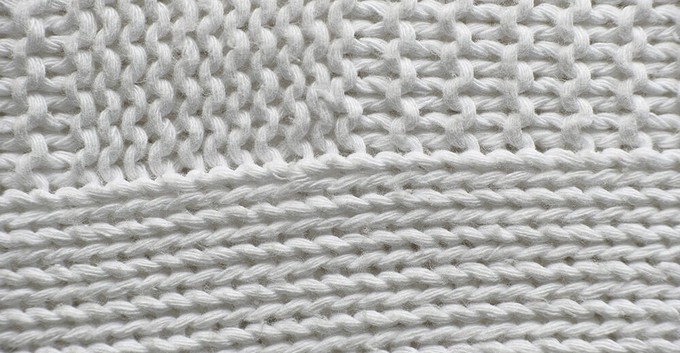
- It comes from a natural and renewable source (so, for example, it bypasses the energy-intensive production process needed for synthetic fabrics)
- Thanks to its natural properties, it’s particularly durable and can be bent thousands of times without breaking (some sources say it’s more durable than traditional wool, some claim it’s less. So, we believe other factors can affect this. Either way, both traditional and Merino wool are a lot stronger than most fabrics, including cotton).
- It’s naturally biodegradable
- It’s easy to reuse and recycle
- It doesn’t need to be washed as often as other fabrics (so, you’ll be reducing the impact of your laundry, saving water and energy)
Sustainability disadvantages of Merino wool
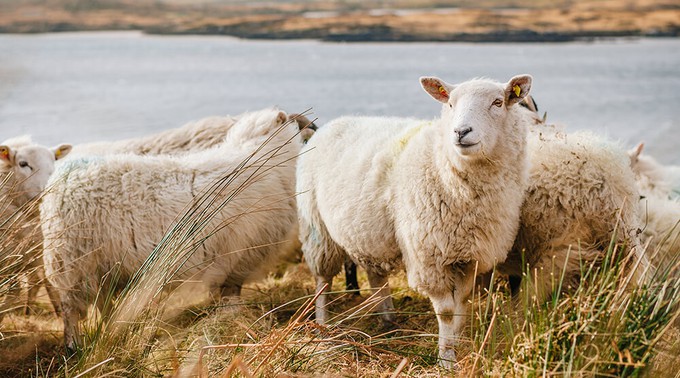
- Obviously, Merino wool isn’t vegan, just like normal wool. While sheep don’t need to die for us to get it, some are still bred for meat as well, and wool isn’t always cruelty-free.
For example, it often involves mulesing, the controversial practice of removing strips of skin to prevent flies from laying eggs that would then hatch into flesh-eating maggots. While that obviously seems painful too, mulesing is likely more painful and not well-regulated.
Just because Merino wool is more premium and expensive than traditional wool, it doesn’t automatically mean it’s more ethical too, and not all flocks are raised with the same standards. In fact, due to its characteristics and the climate of its biggest producers (especially Australia), mulesing is more common with Merino wool! - This fabric comes with all the environmental problems of livestock (heavy water and land use, increase in land degradation due to overgrazing, and the high methane emissions), although you can reduce the footprint of your woollen garments by keeping them for years
So, is Merino wool sustainable and ethical?
Much like traditional wool, Merino wool is a fairly sustainable fabric, but it brings up ethical concerns when it comes to animal rights.
So, we recommend choosing mulesing-free Merino wool and organic options (which also promote soil regeneration), and looking for third-party certificates like GOTS or the Responsible Wool Standard.
Taking care of your merino wool clothes (and avoiding our expensive mistake)
As well as investing in high-quality clothes made with organic and responsibly sourced Merino wool, there’s one thing you can do to reduce their environmental footprint: keep them for as long as possible.
This will also lower their cost-per-wear. Sure, Merino wool clothes made by ethical brands are more expensive than your average fast fashion woollen garments (which usually hide much higher costs, like sweatshops and animal abuse). But because they’re more durable and you won’t need to buy multiple ones, they can actually be cheaper in the long run. So, think of them as an investment!
To really make the most of them, though, you must know how to take care of your Merino wool clothes. So, here are some tips:
- Washing your Merino wool clothes – They can shrink due to the high heat and friction caused by washing machines and tumbledryers. Most advice on the internet insists that, as long as you wash them at 30˚C, you’ll be fine. Well, unfortunately, a cold wash ruined my beautiful Teym sweater, and the woollen programme shrunk my favourite Filippa K piece. So, while checking with the actual brand can help, I’d recommend avoiding the machine (and tumbledryer, of course) altogether. Instead, handwash your Merino wool garments, and use a gentle detergent but no fabric softener
- Drying them – Let them dry naturally by hanging them properly (so that they maintain the right shape), somewhere airy and away from direct sunlight
- Storing them – You know who else loves Merino wool clothes? Moths! So, to be on the safe side, you might want to vacuum pack them or use cloth storage bags. Alternatively, consider natural moth-repellents like cedar blocks
Finding sustainable Merino wool clothes on Project Cece
Now you know that, overall, Merino wool is a sustainable fabric. Where can you find the right clothes, though? And how can you check whether they were made ethically?
Don’t worry: you won’t need to keep jumping from one online store to another.
At Project Cece, we brought hundreds of fair trade brands in one place and added filters to simplify your choices, including third-party certificates and overviews of what makes each company ethical.
So, find the perfect Merino wool garments for your style and preferences (and whatever you do, DON’T trust your 30˚C programme!).
Share our story
Related articles
Simple Guide to Vegan Fashion: There’s More to It Than Leather!
What else should you avoid? Are cruelty-free clothes always sustainable? And where can you find them? Our vegan fashion guide has all the answers!
Organic Wool: Can Wool Be Ethical & Sustainable?
Natural and biodegradable, it obviously involves livestock, so let’s figure out together whether or not we can consider wool and organic wool sustainable.
What Are the Most Sustainable Fabrics? Oh, Sew Eco-Friendly!
‘Natural’ doesn’t always = ‘eco-friendly’! So, here’s a simple list of the most sustainable fabrics, why they’re good for the planet, and how to find them.
Project Cece is a platform that collects ethical fashion from vetted brands and shops in one place. Browse ethical fashion for women and men and find items that fit your style, budget and values!
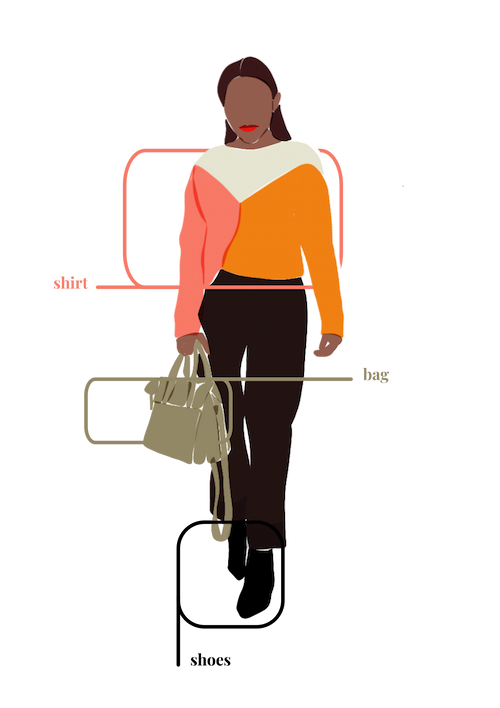
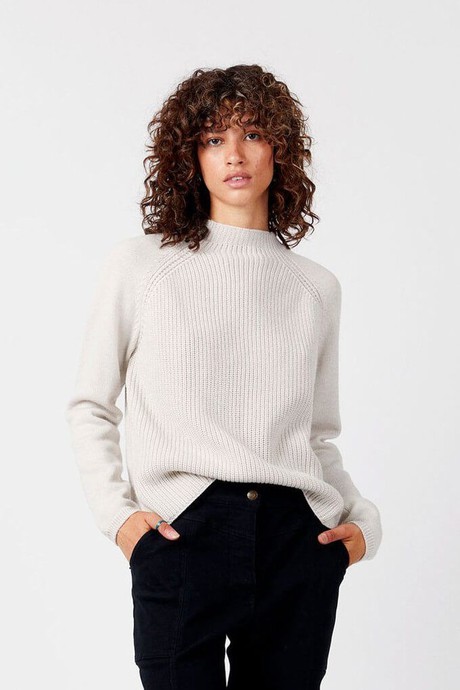
_large.png)


